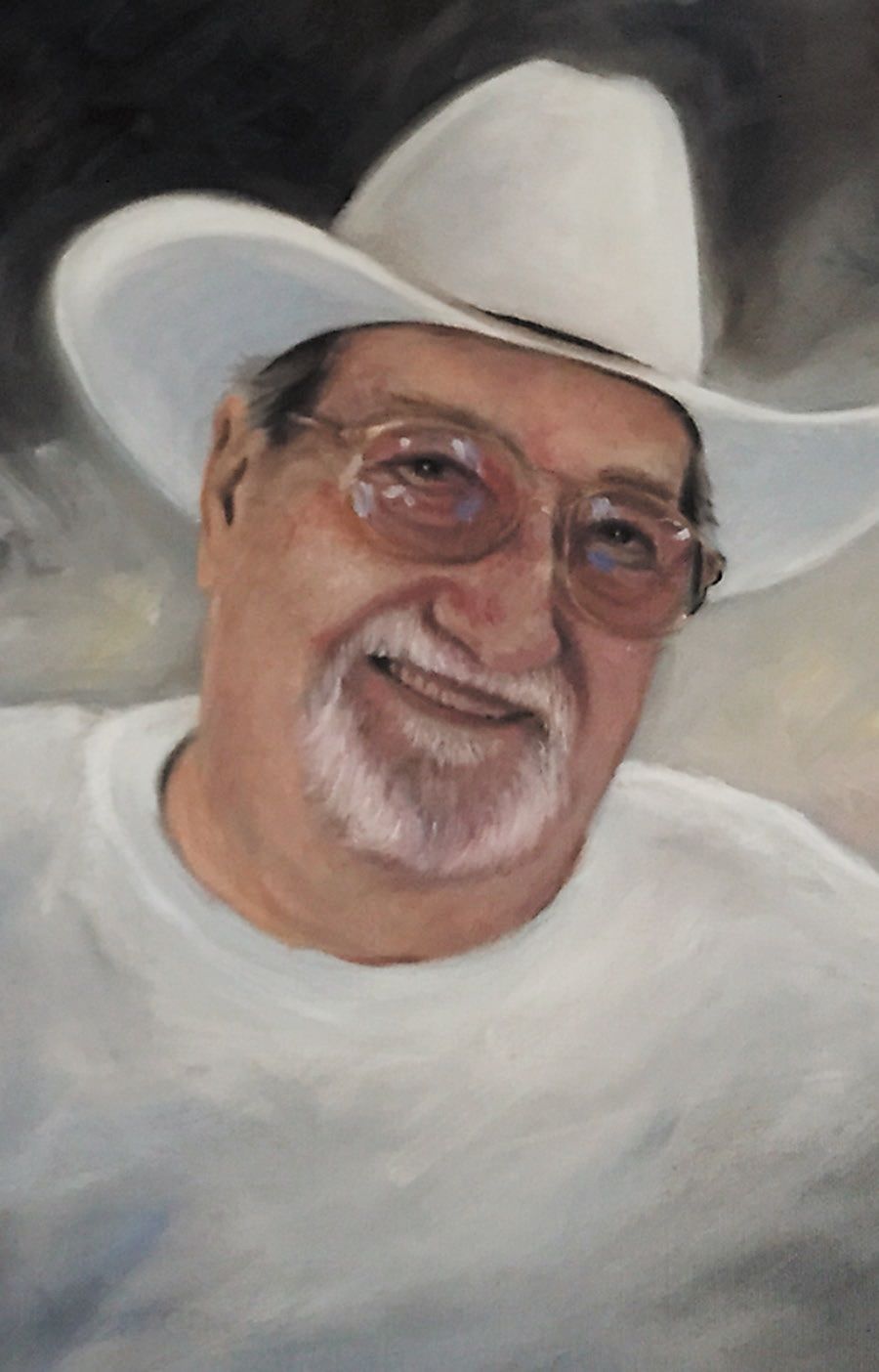
TALK ON THE STREET
September 23, 2015
Cut Off man’s work ethic, dedication the foundation for his success
September 23, 2015Every morning, Dalton Primeaux wakes up in a small apartment in Manhattan, a long way from his native and beloved south Louisiana.
And while he may miss his hometown and family, he loves going to work, spending his days as a digital coordinator for a “full-service, beauty, fashion and lifestyle public relations firm.”
“Living and working in New York was always been a dream and it was a goal I had had since high school,” Primeaux said. “It’s a place that was calling my name.” He said he likes the energy, the opportunities and the big publications he finds in the Big Apple.
Primeaux chose to leave Louisiana following his graduation from Nicholls State University in 2013 to pursue his dreams. Like many other new college graduates, Primeaux was faced with hard decisions while looking for his first, full time job that would allow him to use his newly earned degree in mass communication. The Nicholls grad said he packed his bags and moved from New Orleans to New York shortly after graduation, first starting with an internship that led to career opportunities that he knew he couldn’t find at home.
He found his entry into the social media industry, but he admits it’s been a struggle financially living in New York. Primeaux he says he has had to pick up some freelance jobs to add to his income.
Primeaux did what most Louisiana residents don’t do. He left the state. Recent reports from the U.S. Census Bureau show that nearly 80 percent of Louisiana’s residents were born in the state, making its population the least mobile in the country. That, coupled with the state’s relatively high unemployment rate, can make job hunting difficult. The U.S. Labor Department reported the state’s jobless rate at 7 percent, which was the third highest among the states.
Looking for a job right out of college or high school can be intimidating. But, there are multiple resources to help first-time job seekers, according to Kristi Tauzin Goulas, the director of Career Services at Nicholls State university. One thing, Goulas noted, is that soon-to-be graduates shouldn’t wait until the day after graduation to start looking. By that time, she explained, there may be fewer openings and waiting may indicate a lack of drive to potential hirers. “You’ve got to put in the time and energy that it takes to be noticed and even get an interview.”
Primeaux did everything right, from Goulas point of view. He started early, by creating a fashion blog to get experience. He pursued a job that he was passionate about, he started with an internship and he wasn’t afraid to relocate, a problem some local graduates have, Tauzin said, because they want to stay close to home.
The biggest mistake first time job seekers make, Goulas said, is they chase the money and forget the best job is one that you have a passion for. Students should figure out early what they’re passionate about, where going to work on Monday mornings won’t be hard to do, where they have a good feeling about what they do and being involved with a product or service they have a good feeling about. She says she often sees students who choose majors like nursing or engineering, because of the high salaries, only to find out that they don’t really have an interest in that area, and sometimes they don’t really figure it out until they’ve worked a while and find themselves miserable and wanting a career change. A career change can be costly, because it may require retraining. “You have to realize money doesn’t always make you happy, so it’s important to see yourself doing it for the rest of your life when it comes to choosing a career path.”
Another problem of new job seekers, Goulas pointed out, is that they value themselves too highly, perhaps higher than
would be employers would, Ln terms of salary. “Having a degree doesn’t automatically make you middle management material,” she said.
When it comes to counseling college graduates or soon to be graduates, Goulas offers advice about how to approach the search. First, she said, “people don’t always respect a college degree, because many people have been successful without one, and the people doing the hiring still want to see proof; nobody’s handing out middle management jobs, and you have to be able to demonstrate what’s on the resume and hirers are looking for proof.”
The resume, she explained, is a “brochure of you,” and it can be the easiest way to get an interview or not to get an interview. The resume should look like the preparer put some thought into preparing it, and it is, many times, the first impression given to an interviewer.
Another thing, she said, is that job seekers need to be realistic about what they’re looking for and where they’re looking. They have to ask themselves, are there jobs where they live in the field they want, she said. If the answer to that question is no, then relocating might be a consideration. The most successful job hunters are those who are go-getters, willing to do what it takes to get their dream job. That might include starting with an internship, or a lower level job with a lower salary than desired.
These days, she pointed out, college graduates are competing with experienced people, who may be back in the job market and who may be willing to take entry level or low-paying jobs just to get employment.
Some graduates also hinder their search, Goulas noted, because they fail the interview process. The first rule for interviewing is to show up on time and show up looking professional. Interviewees should also prepare before an interview by researching the company or organization and trying to think about any questions that may come up in the interview. Interviewers are trying to learn about applicants, what experience they have and how they might fit into their organization. She also said interviewers are turned off when applicants complain about how hard school was or say they need a break right after school. Finally, she says, applicants should remember not all interviews end with a job offer.
Primeaux, said based on his experience, the “real world” is not what he expected. Even though he’s working in a big city at a well-known public relations, firm, he says he’s having work his way up from the bottom. “It’s not all glamour,” he said. Living in New York, he said, is more expensive than living in New Orleans, he said, so while salaries may be three times as much; the cost of living is also three times as much. “You need experience before you leave college,” he said, and “you have to have drive to get done what you want for yourself.” He said in college, he joined the student chapter of a professional organization, did some freelance work and looked for opportunities. At a conference sponsored by the organization, he said he met the president of Coca-Cola and had his resume reviewed by professionals in his chosen field, a unique opportunity.
One resource Goulas often recommends is a book “Knock ’em Dead,” by Martin Yate. The author stresses the importance of the Internet in a job search. Yate offers three major considerations for a resume. If you want your resume to be found in online databases, he writes, it should be “data-dense and it should be succinct and focused on a specific target job and last, it should be visually accessible and readable.”









